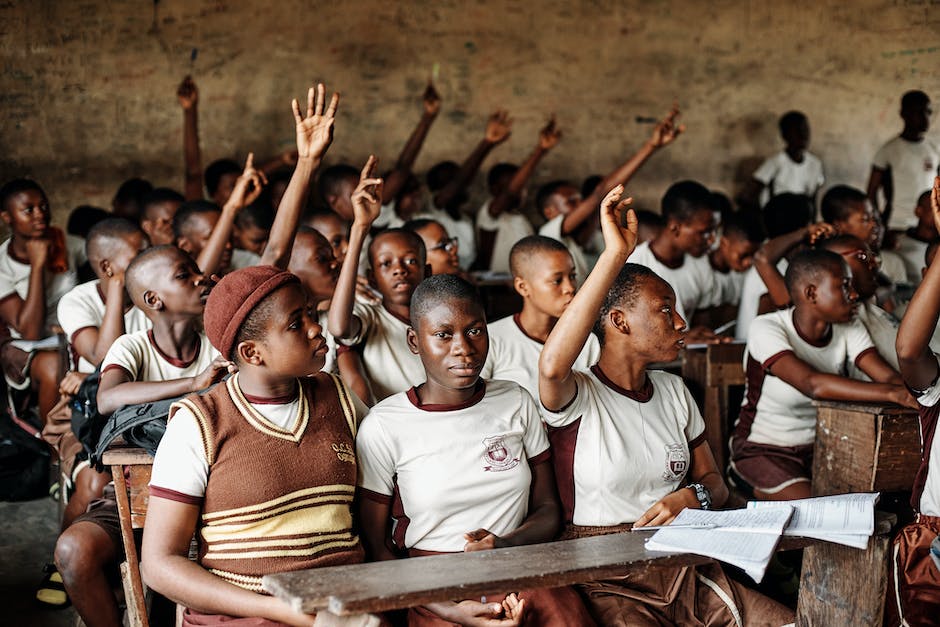Committee of Friends

Credit: Emmanuel Ikwuegbu https://www.pexels.com/photo/students-with-hands-raised-8948347/
Licence: Free to use
| Giver: | Registered Organization |
|---|---|
| Receiver: | Individual or unstructured/informal group |
| Gift: | Items, Money |
| Approach: | Philanthropy |
| Issues: | 4. Quality Education |
| Included in: | Mutual Aid, Philanthropy and Education, Religious Giving |
The committee of friends is a small but long-lasting association formed by six friends in 1974 at Owodokpokpo in Isoko, Nigeria. It is representative of the many thousands of local initiatives, often involving just a few people, which undertake to improve their communities in small ways.
According to Mr Omujale Okujeni, a founding member of the group, growing up in the early 1950s to 60s was hard for each of the founders as they had almost no access to education. Mr Okujeni was an orphan who went to Igbide grammar school and later on to the university of Benin. Having lost his parents at the age of 6, he was given to an uncle who sent him through primary school; when he was unable to afford secondary education, his school teacher paid for his fees, after which members of his extended family contributed to ensure that he completed his university education. Other members of the group experienced similar difficulties. These hardships, and the gratitude towards those who helped them overcome them, prompted them to form an organization to give scholarships to orphans and fatherless children, and also to empower widows to earn a living for themselves.
The members of the committee of friends meet on the 28th of December every year to discuss how the money contributed all through the year will be put to use. They mostly go on to igbide grammar school and Owodokpokpo grammar school, where most of them had their secondary education and still feel a connection. The principals of the schools bring out the best performing students and also students with proven financial difficulties in paying their fees and present the name to the group; the committee then take full charge of the payments until the students are done with their secondary education. The identity of the group is kept private from the beneficiaries.
The group is also involved in other small-scale philanthropic acts by empowering widows with tools like sewing machines, fertilizers and herbicides for the farmers and scholarships for their young children still in secondary schools.
The group has grown in numbers, expanding only to the firstborn of the founding members, who note that people are more generous when they feel more connected to others. Research confirms this; one study found that when people were primed with words that evoked relatedness (e.g. community, together, relationship), they later showed a greater interest in volunteering and donated significantly more to charity than did participants who were primed with neutral words (Pavey, Greitemeyer, & Sparks, 2011) [97].
Like many small-scale philanthropists, the Committee of Friends is not well-known outside their immediate circles. Nonetheless, they have played a pivotal role in the lives of those they have touched.
(Founding members of the group: Omujale Okujeni, Unweh Robertson, Omuvuedafe Obiodeh, Egwero Ughotor, Late Mr. Ereiki Femi, Jabin Jacob).
Contributors: El-Igboja Oro-Oghene, Ikiofu Fortune
| Source type | Full citation | Link (DOI or URL) |
|---|---|---|
| Publication |
Pavey, L., Greitemeyer, T., & Sparks, P. (2011). Highlighting relatedness promotes prosocial motives and behavior. Personality and Social Psychology Bulletin, 37(7), 905–917. |
https://doi.org/10.1177/0146167211405994 |